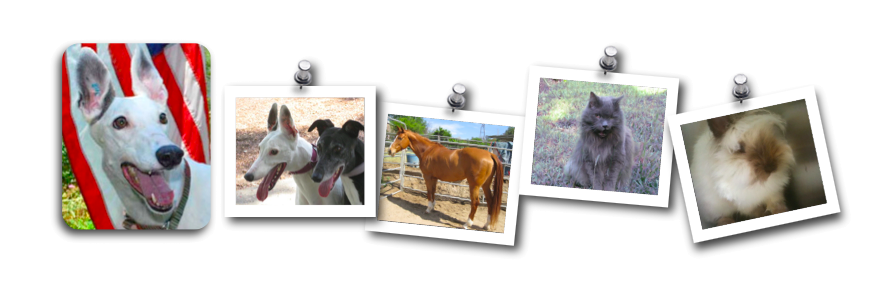Earth horse temperament types love two things: Appreciation and food. They are solid citizens who want to be acknowledged for the good work they do, and food treats often go a long way toward keeping them happy. They make perfect school horses and work well with children. They develop bad habits when their daily routine is upset.
Because the Earth horse temperament loves food, and will eat almost anything, he has a tendency to be an “easy keeper”. He can easily become overweight, so you have to be careful not to over-feed him. At the same time, he often has trouble assimilating nutrients, so you have to offer a diet rich in nutrients but low in overall calories. You also need to support his digestive system so that he gets the maximum nutrition from his food without becoming too fat.
Earth Horse Temperament Nutritional Support
The balanced Earth horse is lower level of Qi, is more Yin, is affected by Damp and benefits from the sweet flavor. In English, the Earth horse is low energy, cool, subject to moist skin eruptions or edema and does well with small portions of carbohydrate feeds such as oats. A basic diet should include foods which are neutral or warming, build Yang, clear Dampness and contain the sweet flavor.
Ideal Foods and Supplements for the Earth Horse Temperament
Examples of foods and supplements ideal for the Earth horse include:
• oats
• corn
• beet pulp (up to 2 pounds/day)
• grass hay
Fruits and Vegetables:
Earth horses do well with certain vegetables, which include:
• carrots (up to 5 pounds/day)
• cabbage (up to 1 pound/day)
• sweet potato (up to 2 pounds/day)
• pumpkin ( up to 4 pounds/day)
Bitter Foods:
The Earth horse can also benefit from small amounts of bitter foods, which help to dry the dampness that can cause problems in the Earth horse, including:
• alfalfa (up to 1 flake/day)
• wild blue-green algae (up to 1 TBS/day) Other Products blue green algae
Foods to Feed in Small Quantities or Avoid Feeding to the Earth Horse Temperament
Foods that contribute to damp and should not be fed to the Earth horse or fed only in small amounts include:
• soy products
• poor quality oils
• salty foods
Wheat bran can be useful to the Earth horse since it is high in fiber and minerals, especially phosphorus and magnesium. However, it does contain some sugar so most Earth horses will not need more than a pound or so a day. It is not suitable for young horses, but adult Earth horses can do very well when it is given in the form of a mash in place of grains.
Healthy Fats for the Earth Horse Temperament
All horse types need some source of fat in their diet, but you have you be careful about feeding to much or the wrong kinds of fats to the Earth horse, who has a tendency to be overweight. Healthy sources of fat for the Earth horse, which should be fed in small amounts only, include:
• flax seeds (up to 1 cup/day)
• hemp seeds (up to 1/4 cup/day)
• chia seeds (up to 1/4 cup/day)
• coconut oil (up to 2 TBS/day)
Again, your primary concern with a balanced Earth horse temperament is not to overfeed calories. Madalyn
By sharing our concerns and successes, we all benefit.
Animals live to serve us one way or another, so knowing how to take care of them is critical for our mutual well being.
Thursday, May 20, 2010
15 most common health problems in cats:
Veterinary Pet Insurance (VPI) has compiled the following list of the 15 most common health problems in cats:
VPI extracted this information from a database of over 60,000 insured cats. The average cost per claim for a veterinary visit for the number one problem, lower urinary tract disease, is $260.
Feline dental problems are the most costly to treat, especially when tooth extractions are necessary. The average claim for this procedure is $360.
| 1. Lower urinary tract disease (FLUTD) | 6. Tooth infection requiring extraction | 11. Asthma |
| 2. Chronic renal failure | 7. Upper respiratory infections | 12.Soft tissues injuries/ sprains |
| 3. Skin allergies and infections | 8. Ear infection | 13. Laceration and bite wounds |
| 4. Hyperthyroidism | 9. Eye infection | 14. Benign skin growths |
| 5. Diabetes | 10. Constipation | 15. Gastritis/ vomiting/ diarrhea |
Feline dental problems are the most costly to treat, especially when tooth extractions are necessary. The average claim for this procedure is $360.
Subscribe to:
Comments (Atom)
